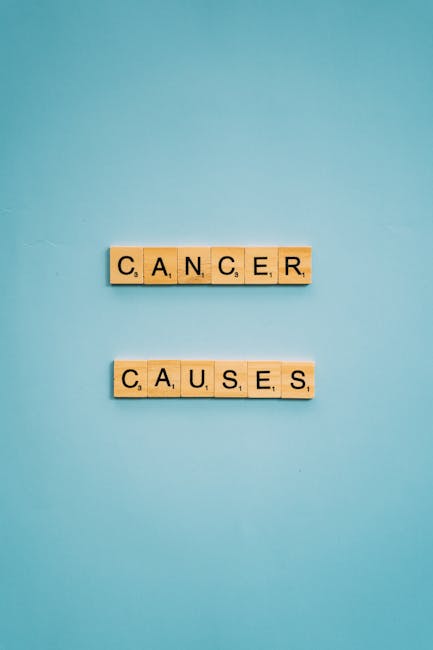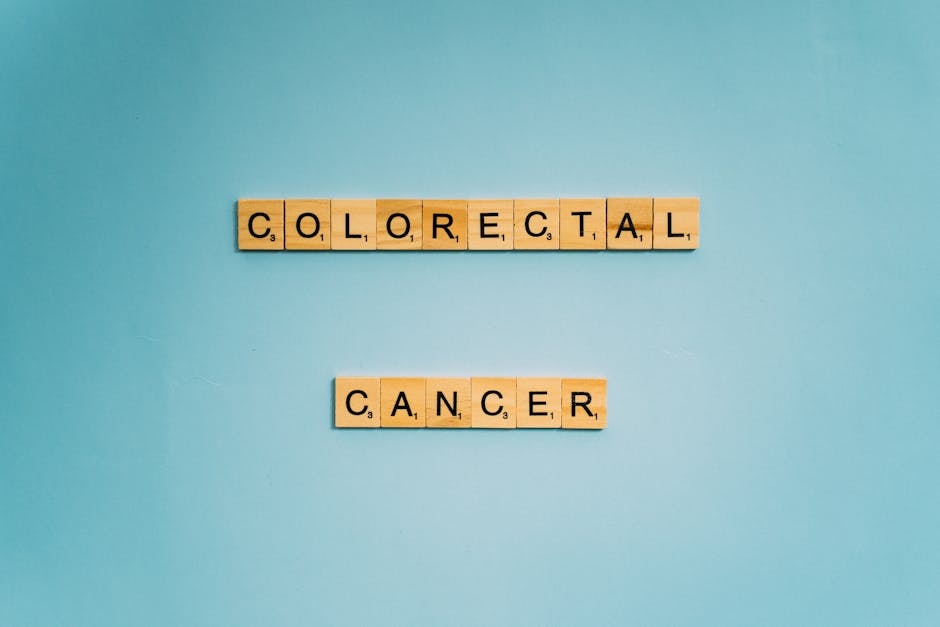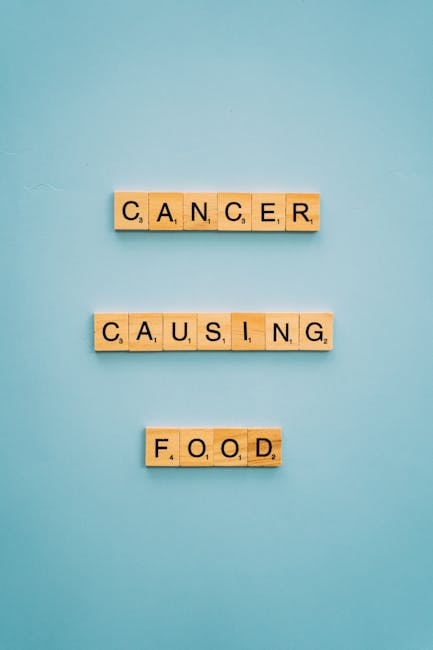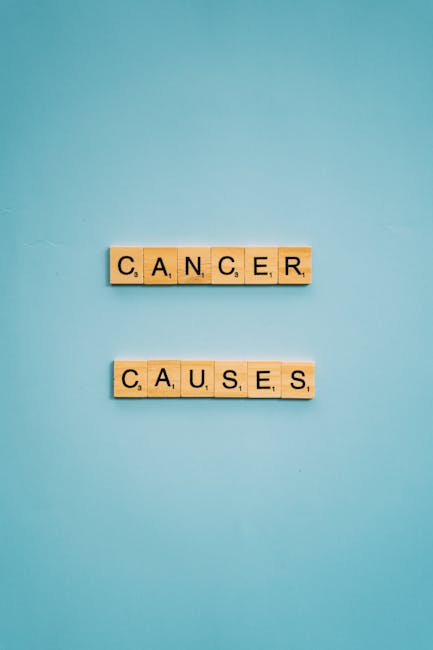Colorectal Cancer: A Comprehensive Guide to Prevention, Detection, and Treatment
Colorectal Cancer: A Comprehensive Guide to Prevention, Detection, and Treatment
Colorectal cancer, encompassing cancers of the colon and rectum, is a significant global health concern. Understanding this disease, its risk factors, detection methods, and treatment options is crucial for prevention and improved outcomes. This comprehensive guide will delve into all aspects of colorectal cancer, empowering you with knowledge to protect yourself and your loved ones.
What is Colorectal Cancer?
Colorectal cancer develops when abnormal cells in the colon or rectum grow uncontrollably, forming a tumor. The colon is the large intestine, responsible for absorbing water and electrolytes from digested food, while the rectum is the final section of the large intestine before the anus. These cancers can be classified based on their location (colon vs. rectum) and the type of cells involved (adenocarcinoma is the most common type).

Risk Factors for Colorectal Cancer
While the exact cause of colorectal cancer remains unknown, several factors significantly increase the risk of developing this disease. These factors are often interconnected and contribute to the overall probability:
- Age: Risk increases dramatically after age 50. The majority of colorectal cancers are diagnosed in individuals over 50.
- Family History: A personal or family history of colorectal cancer or adenomatous polyps (precancerous growths) significantly elevates risk.
- Genetics: Certain inherited gene mutations, such as Lynch syndrome (hereditary nonpolyposis colorectal cancer) and familial adenomatous polyposis (FAP), greatly increase the likelihood of developing colorectal cancer.
- Lifestyle Factors:
- Diet: A diet low in fiber and high in red and processed meats is associated with increased risk.
- Physical Inactivity: Lack of regular physical activity contributes to a higher risk.
- Obesity: Being overweight or obese increases the risk of colorectal cancer.
- Smoking: Smoking is linked to a higher incidence of colorectal cancer.
- Excessive Alcohol Consumption: Heavy alcohol use is a known risk factor.
- Inflammatory Bowel Disease (IBD): Individuals with long-standing ulcerative colitis or Crohn’s disease have a significantly increased risk of colorectal cancer.
- Type 2 Diabetes: Studies suggest a link between type 2 diabetes and an elevated risk of colorectal cancer.
Symptoms of Colorectal Cancer
Early-stage colorectal cancer often has no noticeable symptoms. This is why regular screening is crucial. However, as the cancer progresses, several symptoms may appear, including:

- Changes in bowel habits: Persistent diarrhea, constipation, or a change in the consistency or frequency of bowel movements.
- Rectal bleeding: Blood in the stool, which may be bright red or dark.
- Abdominal pain or cramping: Persistent discomfort in the abdomen.
- Weakness and fatigue: Unexplained tiredness and loss of energy.
- Unexplained weight loss: Significant weight loss without trying.
- Feeling that the bowel doesn’t empty completely: A persistent sensation that the bowel is not completely evacuated.
It is essential to note that these symptoms can also be caused by other, less serious conditions. However, if you experience any of these symptoms, particularly if they persist, it is crucial to consult a doctor for evaluation.

Screening and Detection of Colorectal Cancer
Early detection is key to successful colorectal cancer treatment. Screening tests can identify precancerous polyps and early-stage cancers before they cause symptoms. Common screening methods include:
- Colonoscopy: A visual examination of the entire colon using a flexible, thin tube with a camera. This allows for the removal of polyps during the procedure.
- Sigmoidoscopy: Similar to a colonoscopy, but examines only the lower part of the colon (sigmoid colon and rectum).
- Fecal Immunochemical Test (FIT): A non-invasive test that detects blood in the stool, indicating potential bleeding in the colon or rectum.
- Fecal Occult Blood Test (FOBT): An older, less sensitive test than FIT that also detects blood in the stool.
- Stool DNA Test: A non-invasive test that analyzes DNA in stool to identify abnormal cells.
The recommended screening schedule varies based on age, risk factors, and individual circumstances. Consult your doctor to determine the most appropriate screening method and schedule for you.
Treatment of Colorectal Cancer
Treatment options for colorectal cancer depend on several factors, including the stage of the cancer, its location, the patient’s overall health, and personal preferences. Common treatments include:
- Surgery: The primary treatment for most colorectal cancers, aiming to remove the cancerous tumor and surrounding tissue.
- Chemotherapy: Uses drugs to kill cancer cells, often used before or after surgery to reduce the risk of recurrence.
- Radiation Therapy: Uses high-energy radiation to damage and kill cancer cells. Often used in combination with other treatments.
- Targeted Therapy: Uses drugs that target specific molecules involved in cancer growth.
- Immunotherapy: Enhances the body’s immune system to fight cancer cells.
Prevention of Colorectal Cancer
While not all colorectal cancers can be prevented, adopting a healthy lifestyle can significantly reduce your risk. Recommendations include:
- Maintain a healthy weight: Avoid obesity through regular exercise and a balanced diet.
- Eat a high-fiber diet: Include plenty of fruits, vegetables, and whole grains in your diet.
- Limit red and processed meat consumption: Reduce your intake of these meats.
- Engage in regular physical activity: Aim for at least 30 minutes of moderate-intensity exercise most days of the week.
- Avoid smoking: Quit smoking if you currently smoke.
- Limit alcohol consumption: Drink alcohol in moderation, if at all.
- Get regular colorectal cancer screenings: Follow your doctor’s recommendations for screening based on your age and risk factors.
Living with Colorectal Cancer
A diagnosis of colorectal cancer can be overwhelming, but effective treatments and supportive care are available. Patients often experience physical and emotional challenges during and after treatment. Support groups, counseling, and rehabilitation services can significantly improve quality of life. Open communication with your healthcare team is crucial for managing symptoms and side effects.
Conclusion
Colorectal cancer is a serious but treatable disease. Early detection through regular screening is crucial for improving outcomes. By understanding the risk factors, symptoms, and treatment options, you can take proactive steps to protect your health and the health of your loved ones. Consult your doctor to discuss your individual risk and screening recommendations.





